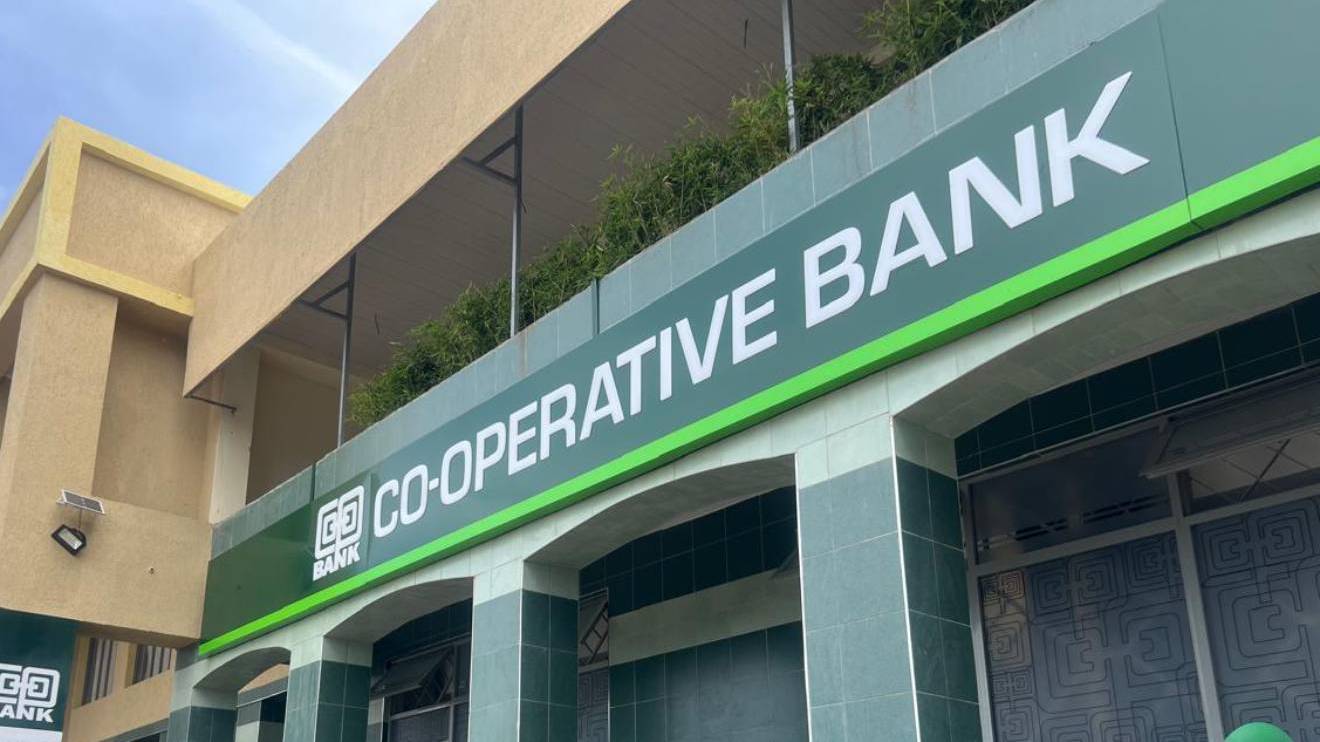Kenya is poised to join the wave of nations regulating cryptocurrencies like Bitcoin, driven by concerns about money laundering and the potential for inclusion on the Financial Action Task Force (FATF) grey list.
At the moment, a technical working group has been tasked with advising the Treasury on cryptocurrency and is currently crafting draft regulations for Cabinet approval.
This move signifies a crucial step towards addressing vulnerabilities in Kenya's financial system.
"There is a sectoral working group that is working on developing a policy document to guide on developing a legal framework which will prescribe what needs to be done and who will be the regulator for digital assets providers," highlighted Financial Reporting Centre (FRC) Director-General Saitoti Maika.
"We may end up with a stand-alone regulator for virtual assets."
Read More
Maika suggested that the issue cannot be ignored any longer as any moment is wasted without proper regulation could result in colossal risks.
Currently, cryptocurrency trading in Kenya lacks regulations, despite reports like Chainalysis ranking the country among the top peer-to-peer cryptocurrency platform users. These platforms facilitate direct transactions without intermediaries.
Maika's comments came during a discussion on priorities for improving Kenya's financial system standing before the FATF, the global anti-money laundering and terrorist financing watchdog.
Kenya adheres to FATF through the Eastern and Southern Africa Anti-Money Laundering Group (ESAAMLG), an associate member.
This body mandates each member to have a financial intelligence unit, which Kenya fulfils through the FRC.
Implementing cryptocurrency regulations aims to enhance Kenya's financial system integrity and evade possible inclusion on the FATF grey list, reserved for countries under heightened monitoring for money laundering and terrorism financing risks.
The lack of regulations surrounding the nation's growing cryptocurrency use has raised concerns, leaving it susceptible to exploitation for illicit activities.
Maika further expressed the worry that Kenyans are actively trading amid a lack of data on the potential integration of these proceeds into the financial system.
"We are being reminded that as we become more sophisticated as a country, we have to deal with the risks," he stated.
Kenya's East African Community counterparts—Uganda, South Sudan, and Tanzania—currently reside on the FATF grey list, signifying increased monitoring due to money laundering and terrorism financing risks.
With proactive measures like cryptocurrency regulation, Kenya hopes to avoid a similar fate and ensure financial stability.








